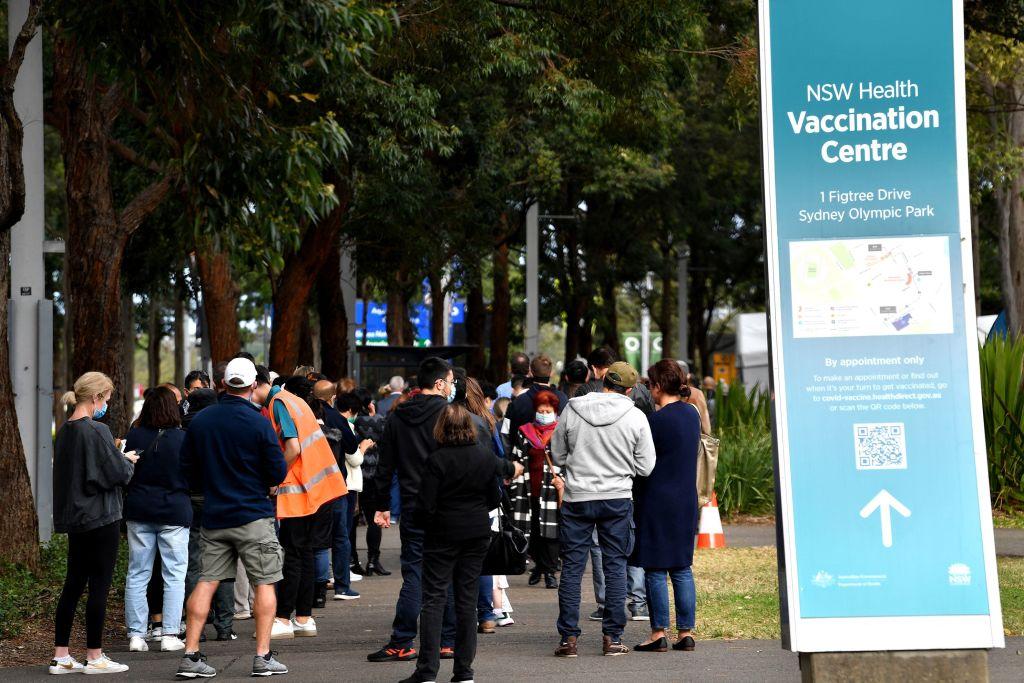The New South Wales (NSW) government should lead the nation by example and provide all public sector workers paid vaccination leave, the state’s peak union body said.
“One of the barriers workers are facing to get vaccinated against COVID-19 is finding the time to do it while they are working,” Unions NSW wrote in a post on Twitter. “That’s why we’re calling on the NSW government to lead by example and provide a 1/2 day of paid leave to all workers so they can get vaccinated.”





